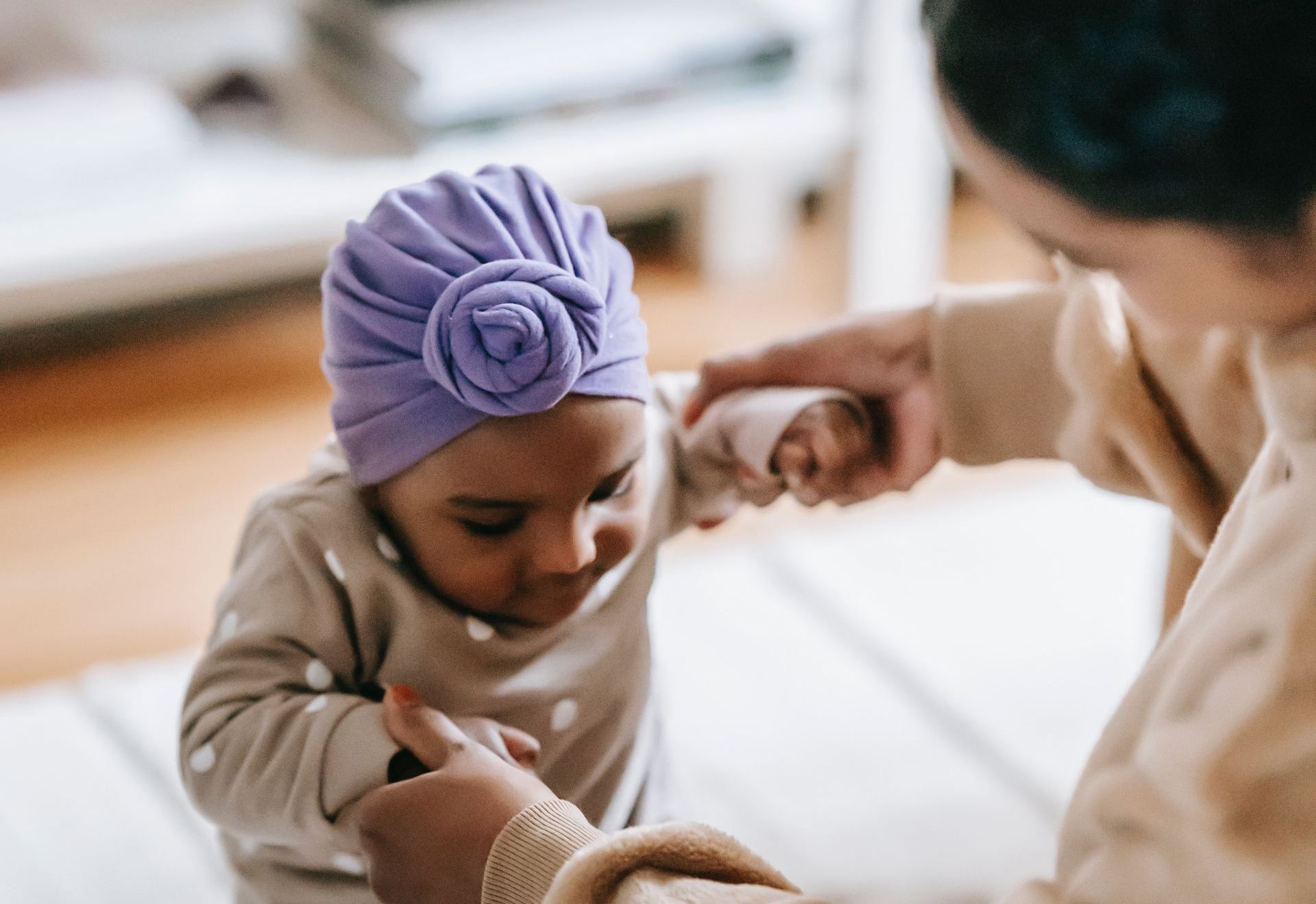Depression & Anxiety Therapy in Little Rock, AR
Everyone experiences feelings of sadness from time to time, especially following major life transitions, like relationship changes or a job loss. But when these feelings are severe, accompanied by additional symptoms such as weight changes or sleep difficulties, and impact your ability to function day-to-day—it’s possible you could be dealing with anxiety and/or depression.
At BHSA, we use several forms of psychotherapy that are effective for treating these diagnoses. We frequently use cognitive-behavioral therapy (CBT), addressing past trauma, and working to replace negative and unproductive thought patterns with more realistic and useful ones.
There is hope and BHSA is here to help you find it. Remember, if anxiety interferes with your daily life—whatever that might look like to you—that's reason enough to see a mental health professional.
It’s normal to need a little help. Getting help is a sign of strength and resilience, and when we take care of our mental health, we can remain strong and resilient even through the toughest challenges.
Depression | What You Need to Know
Anxiety | What You Need to Know
How is Anxiety Different from Depression?
Anxiety
Primary Emotion:
- Anxiety is characterized by excessive worry, fear, or apprehension. It often involves a heightened state of alertness and anticipation of potential future threats.
Physical Symptoms:
- Symptoms may include restlessness, muscle tension, increased heart rate, sweating, trembling, and difficulty concentrating.
Cognitive Patterns:
- Individuals with anxiety may experience racing thoughts, overthinking, and a sense of impending danger or doom. They may also engage in catastrophic thinking, imagining the worst-case scenarios.
Triggers:
- Anxiety can be triggered by various stressors, both real and perceived. Common triggers include major life changes, social situations, or specific phobias.
Behavioral Responses:
- People with anxiety may engage in avoidance behaviors to escape perceived threats. Rituals or compulsions may develop as coping mechanisms.
Depression
Primary Emotion:
- Depression is characterized by a pervasive and persistent low mood, feelings of sadness, hopelessness, and a general disinterest in life.
Physical Symptoms:
- Symptoms may include changes in appetite, weight loss or gain, fatigue, sleep disturbances (insomnia or hypersomnia), and a lack of energy.
Cognitive Patterns:
- Individuals with depression often experience negative thought patterns, feelings of worthlessness, guilt, and difficulty concentrating. Suicidal thoughts may also be present in severe cases.
Triggers:
- Depression can be triggered by various factors, including genetic predisposition, chemical imbalances in the brain, trauma, chronic stress, or a significant life event.
Behavioral Responses:
- Individuals with depression may withdraw from social activities, experience a loss of interest or pleasure in once-enjoyable activities (anhedonia), and struggle with daily functioning.
Overlapping Features:
- Both anxiety and depression can coexist in a condition known as comorbid anxiety and depression.
- Sleep disturbances, difficulty concentrating, and irritability are symptoms common to both anxiety and depression.




